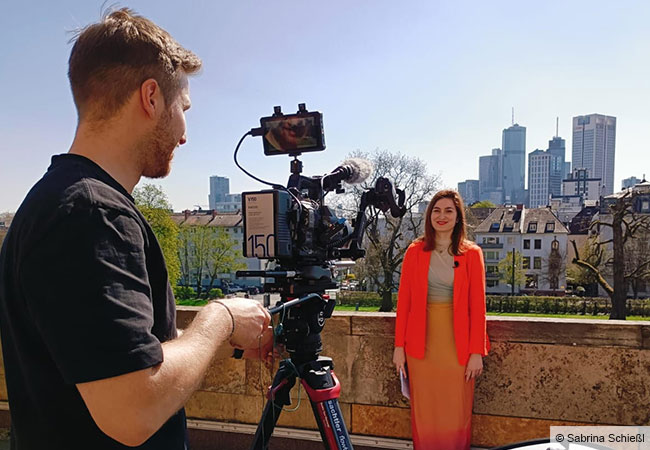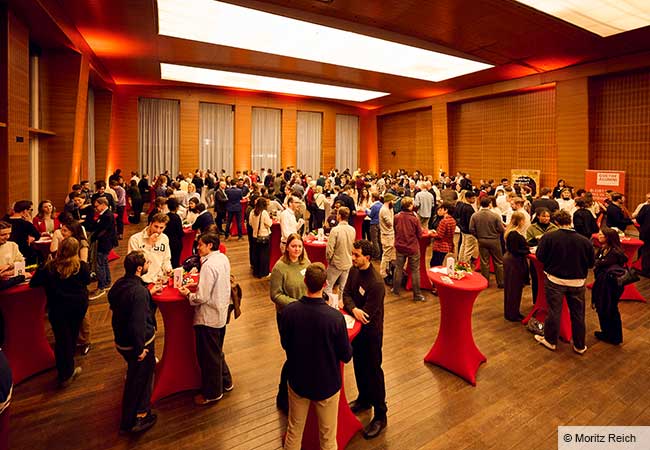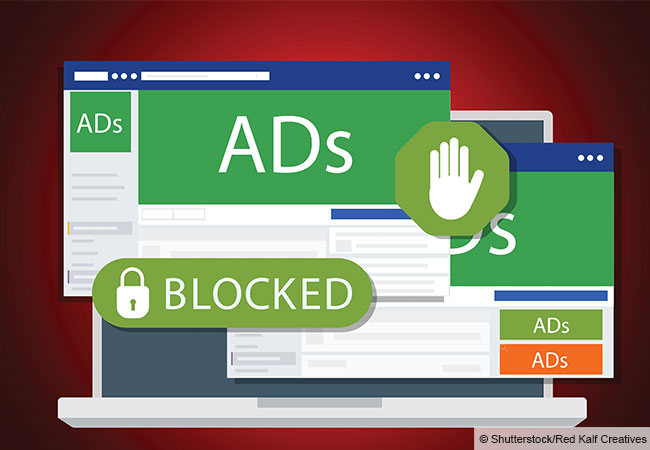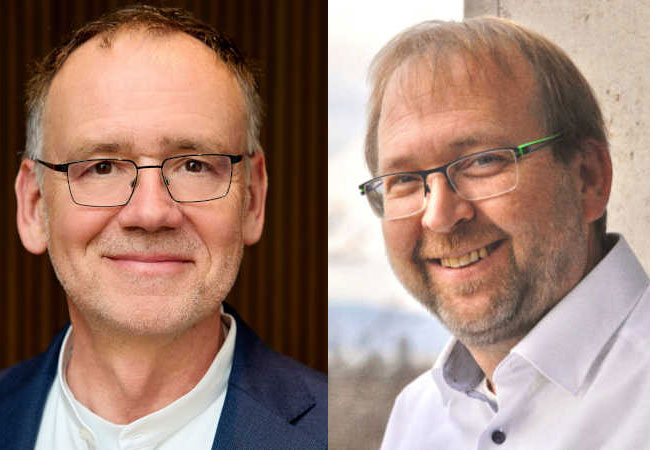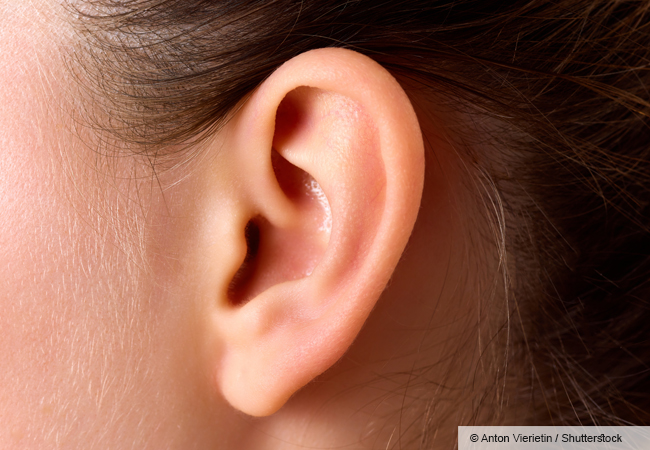The 44th Rechtshistorikertag biennial conference of German-speaking legal historians, held at Goethe University Frankfurt, will also address changes brought about by information technology.
Some 300 international legal historians will gather at Goethe University Frankfurt from September 16 to 20 for the congress, whose motto – “The Language of Sources” – highlights the medial aspects of the sources legal historians use.
The main topics of this year’s 44th Rechtshistorikertag conference of German-speaking historians, which will be held at Goethe University Frankfurt for the first time since 1986, are: “Violence and Justice in Situations of Upheaval” and “Digital Humanities and Legal History”. Some 300 participants are expected to attend their guild’s biennial class reunion, which will feature a total of six main topics, four keynote lectures and a panel discussion on “Media Change and Publication Culture in Legal History”.
Most of the experts joining the international congress, held from September 16 to 20, come from Germany and other German-speaking states, the Benelux countries, Scandinavia and also from Japan, which has to do with the country’s history and its reception of German law. The congress is being organized by four professors at Goethe University’s Institute for the History of Law (Faculty of Law), who serve as strong proponents of their subject thanks to their close cooperation with the nearby Max Planck Institute for European Legal History and Legal Theory.
The focus of this year’s congress, whose topic is “The Language of the Sources”, lies on spotlighting the linguistic and media-related aspects of legal-historical source work as well as addressing the current upheavals in the field as a result of digitalization. “Given that we are currently undergoing this change and are still unsure what form it will take, we deliberately chose a broader topic,” says legal historian Prof. Dr. Guido Pfeifer, one of the conference organizers, when describing the situation in his field. On the one hand, AI is providing intelligent help in deciphering fragmentary sources, whereas, on the other, there is a rising need to critically question sources: What is authentic, and what has been edited?
One particular concern of the Rechtshistorikertag is to involve younger scholars in the dialog between generations. As such, young legal historians will have the opportunity to present current legal history projects. The three best presentations will also be awarded, including with a prize bestowed by the “Jungen Netzwerk Rechtsgeschichte”, a recently founded network of young legal historians. Other awards include the Hermann Conring Prize and the Prize of the German Legal History Congress.
Registrations will still be accepted at the conference office during the event. For a detailed look at the program, visit https://rechtshistorikertag2024.de/ or https://preview.mailerlite.io/emails/webview/631803/132166340165240339.



